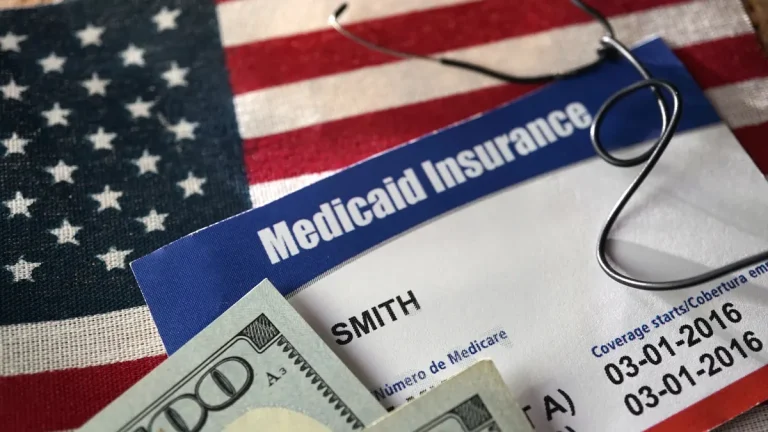🎧 Listen to This Article
The Centers for Medicare & Medicaid Services (CMS) has released preliminary guidance to help states prepare for significant changes to Medicaid provider tax rules under the One Big Beautiful Bill Act. The guidance, issued on Nov. 14, provides clarity on how CMS will interpret key terms and transition provisions ahead of new restrictions that take effect on Oct. 1, 2026.
A major focus of the announcement is CMS’s interpretation of when a provider tax is considered “enacted” and when it is considered “imposed.” These definitions determine whether states may continue to use certain tax structures under the new indirect hold harmless thresholds.
CMS stated that a tax is considered enacted when the legislative process that authorizes the tax is fully completed and when any required waiver is approved by CMS by July 4, 2025. A tax is considered imposed when the state or locality was actively collecting revenue under that tax structure on the same date.
Under these definitions, only provider taxes in effect as of July 4, 2025, will be counted toward the new indirect hold harmless limits. This interpretation prevents states from creating new taxes or increasing existing ones beyond the thresholds outlined in the One Big Beautiful Bill Act.
Transition Relief for States With Noncompliant Taxes
The guidance also clarifies transition periods under section 71117 for states with taxes that CMS considers not generally redistributive and therefore noncompliant.
States with managed care organization taxes approved before July 4, 2025, will have until the end of their fiscal year ending in 2026 to comply with the new rules. All other affected provider taxes must comply by the end of the fiscal year ending in 2028, and compliance may not occur later than Oct. 1, 2028.
CMS noted that the transition windows are designed to give states time to prioritize compliance while protecting Medicaid fiscal integrity. The agency plans to finalize the policy through notice and comment rulemaking, giving states an opportunity to provide feedback before the standards are implemented.
For any questions, clarifications, feedback, or contributions regarding this article, please contact us at editorial@tax.news. We welcome your input and are dedicated to delivering accurate, timely, and insightful tax news. All inquiries will be handled confidentially in accordance with our privacy policy.



